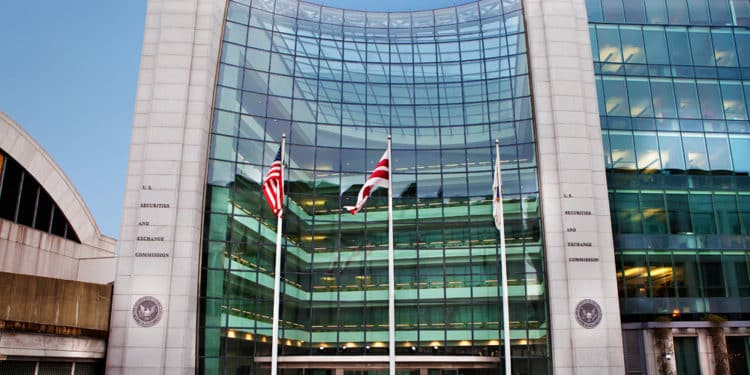On May 12th, Steven Peikin, the co-head of the Securities and Exchange Commission (SEC), gave an online keynote address at the Securities Enhancement Forum West. During his speech, he gave insight into what whistleblowing looks like in the time of coronavirus. He reported that “since mid-March, the staff has triaged more than 4,000 Tips, Complaints, and Referrals — a 35% increase over the same period last year.” He went on to say that the SEC has, in turn, “opened hundreds of new investigations,” both cases that are related to COVID-19 and in other “traditional areas,” such as money laundering. Peikin’s address also discussed the Coronavirus Steering Committee, which will guide the Division of Enforcement on its handling of “coronavirus-related enforcement issues.”
With more people working at home and the rate of unemployment on the rise, Reuters posits that these factors have contributed to the surge in whistleblowing. Peikin and co-head of enforcement Stephanie Avakian have said that the Commission will continue to investigate COVID-19 scams and frauds. This news comes at a time when such schemes taking advantage of the pandemic have been uncovered. In late May, Ronald Ronaldo of New Jersey made headlines when his $45 million scheme of selling personal protective equipment to the state of New York was uncovered as completely fraudulent. On May 26th, The DOJ reported that Romano was arrested “for attempting to deceive and price gouge New York City.”
During his keynote, Peikin makes a point to thank the Office of the Whistleblower’s staff, and recognize that since March 23rd, the SEC “has issued awards to nine whistleblowers,” one of the awards being over $27 million. Whistleblowers remain a vital part of society during this time of uncertainty and change, especially when whistleblower programs work.
Stephen Kohn, a partner at Kohn, Kohn and Colapinto, told Reuters that his firm has seen “a slew of coronavirus-related tips.” The SEC has heard from investors about scams related to a large number of small private companies as well as larger, listed “essential” firms like meat-packing houses, he said.


